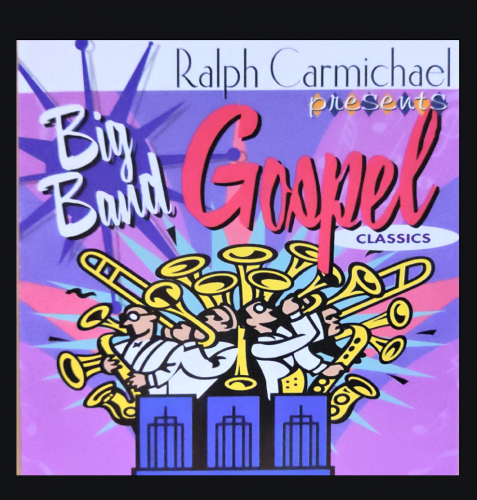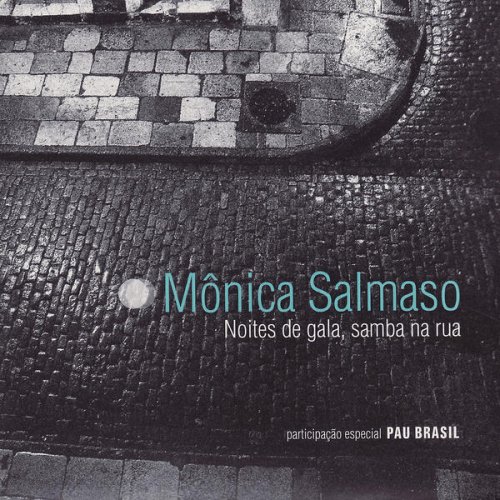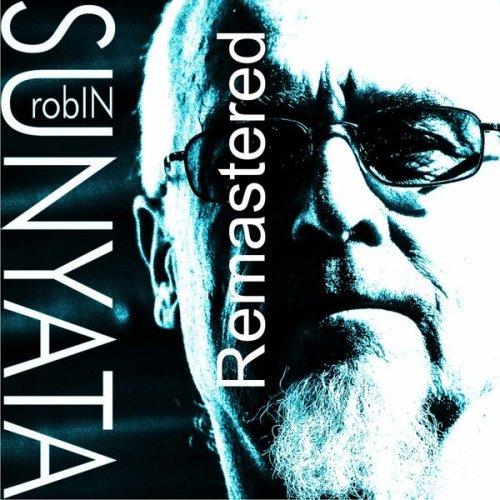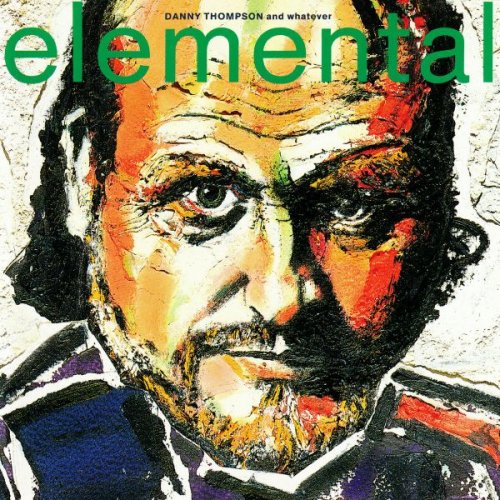Bud Freeman - Days of Wine and Roses (2018)
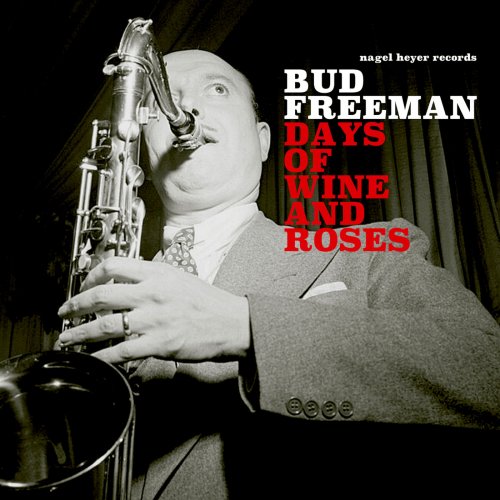
Artist: Bud Freeman
Title: Days of Wine and Roses
Year Of Release: 2018
Label: nagel heyer records
Genre: Jazz
Quality: FLAC (tracks) / MP3
Total Time: 2:08:13
Total Size: 821 / 300 MB
WebSite: Album Preview
01. What Is There to SayTitle: Days of Wine and Roses
Year Of Release: 2018
Label: nagel heyer records
Genre: Jazz
Quality: FLAC (tracks) / MP3
Total Time: 2:08:13
Total Size: 821 / 300 MB
WebSite: Album Preview
02. I Let a Song Go out of My Heart
03. Sugar
04. S'posin' (I Should Fall in Love)
05. Liza
06. Struttin' with Some Barbecue
07. Jack Hits the Road
08. The Eel
09. Chicago
10. Something to Remember You By
11. At Sundown
12. S Wonderful
13. Shorty's Blues
14. Prince of Wails
15. There'll Be Some Changes Made
16. Love Me or Leave Me
17. Forty-Seventh and State
18. Sunday
19. The Reverend's in Town
20. Nobody's Sweetheart
21. Bud Meets Bob
22. At the Jazz Band Ball
23. Bud's Habit
24. Oh, Baby
25. March on, March On
26. China Boy
27. Just One of Those Things
28. Blues for Mr. T
29. Hector's Dance
30. But Not for Me
When Bud Freeman first matured, his was the only strong alternative approach on the tenor to the harder-toned style of Coleman Hawkins and he was an inspiration for Lester Young. Freeman, one of the top tenors of the 1930s, was also one of the few saxophonists (along with the slightly later Eddie Miller) to be accepted in the Dixieland world, and his oddly angular but consistently swinging solos were an asset to a countless number of hot sessions.
Freeman, excited (as were the other members of the Austin High School Gang in Chicago) by the music of the New Orleans Rhythm Kings, took up the C-melody sax in 1923, switching to tenor two years later. It took him time to develop his playing, which was still pretty primitive in 1927 when he made his recording debut with the McKenzie-Condon Chicagoans. Freeman moved to New York later that year and worked with Red Nichols' Five Pennies, Roger Wolfe Kahn, Ben Pollack, Joe Venuti, Gene Kardos, and others. He starred on Eddie Condon's memorable 1933 recording "The Eel." After stints with Joe Haymes and Ray Noble, Freeman was a star with Tommy Dorsey's Orchestra and Clambake Seven (1936-1938) before having a short unhappy stint with Benny Goodman (1938). He led his short-lived but legendary Summe Cum Laude Orchestra (1939-1940) which was actually an octet, spent two years in the military, and then from 1945 on, alternated between being a bandleader and working with Eddie Condon's freewheeling Chicago jazz groups. Freeman traveled the world, made scores of fine recordings, and stuck to the same basic style that he had developed by the mid-'30s (untouched by a brief period spent studying with Lennie Tristano). Bud Freeman was with the World's Greatest Jazz Band (1968-1971), lived in London in the late '70s, and ended up back where he started, in Chicago. He was active into his eighties, and a strong sampling of his recordings are currently available on CD. ~ Scott Yanow
Freeman, excited (as were the other members of the Austin High School Gang in Chicago) by the music of the New Orleans Rhythm Kings, took up the C-melody sax in 1923, switching to tenor two years later. It took him time to develop his playing, which was still pretty primitive in 1927 when he made his recording debut with the McKenzie-Condon Chicagoans. Freeman moved to New York later that year and worked with Red Nichols' Five Pennies, Roger Wolfe Kahn, Ben Pollack, Joe Venuti, Gene Kardos, and others. He starred on Eddie Condon's memorable 1933 recording "The Eel." After stints with Joe Haymes and Ray Noble, Freeman was a star with Tommy Dorsey's Orchestra and Clambake Seven (1936-1938) before having a short unhappy stint with Benny Goodman (1938). He led his short-lived but legendary Summe Cum Laude Orchestra (1939-1940) which was actually an octet, spent two years in the military, and then from 1945 on, alternated between being a bandleader and working with Eddie Condon's freewheeling Chicago jazz groups. Freeman traveled the world, made scores of fine recordings, and stuck to the same basic style that he had developed by the mid-'30s (untouched by a brief period spent studying with Lennie Tristano). Bud Freeman was with the World's Greatest Jazz Band (1968-1971), lived in London in the late '70s, and ended up back where he started, in Chicago. He was active into his eighties, and a strong sampling of his recordings are currently available on CD. ~ Scott Yanow
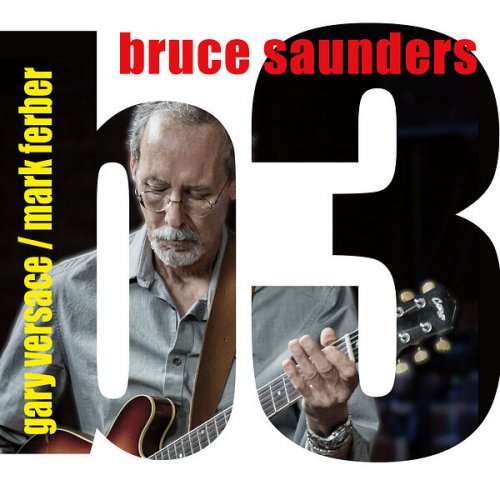
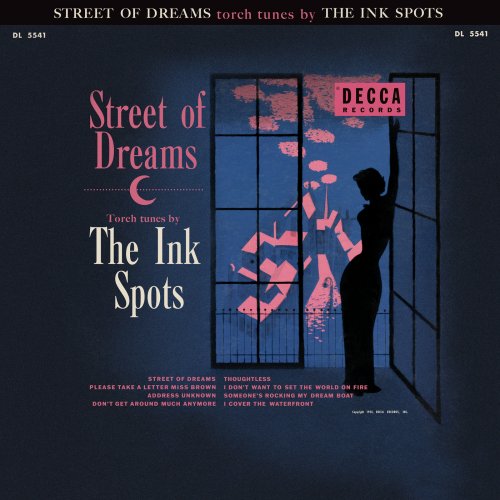
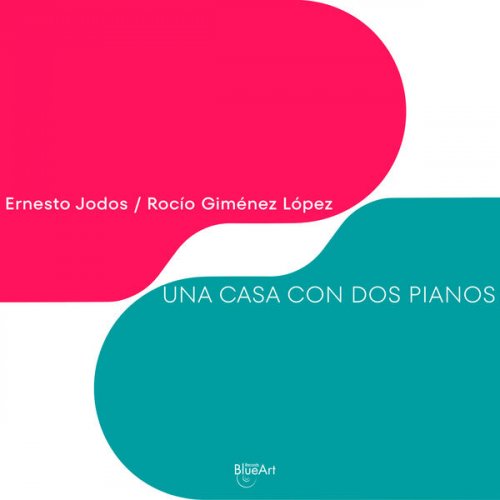
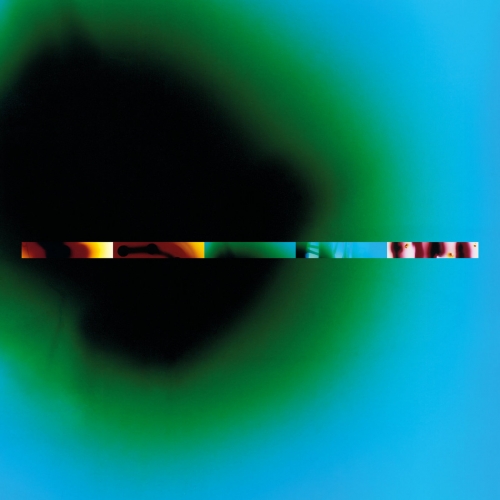
![Joe Pass - Virtuoso (1974) [2025 DSD256] Joe Pass - Virtuoso (1974) [2025 DSD256]](https://www.dibpic.com/uploads/posts/2026-02/1771609997_ff.jpg)
